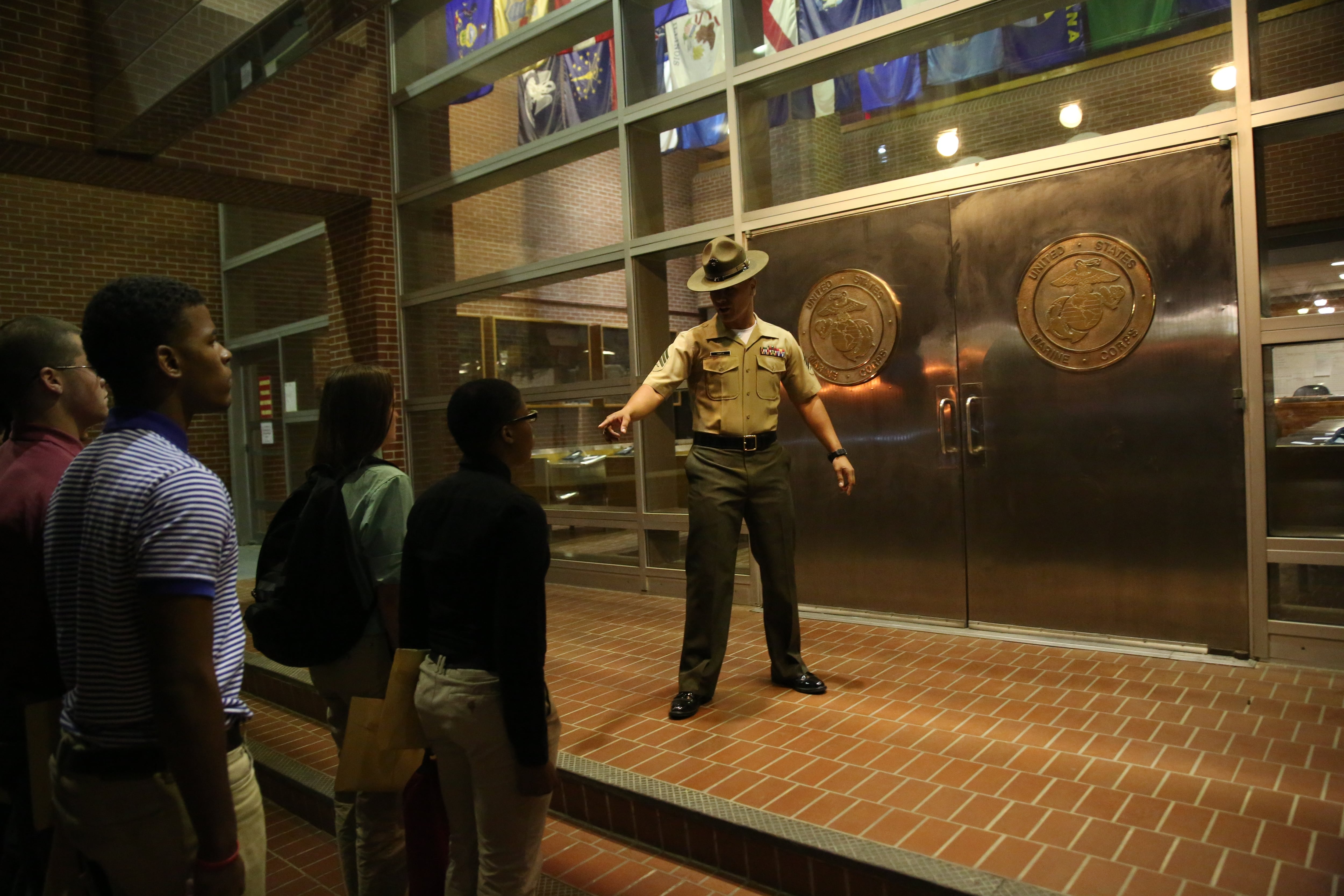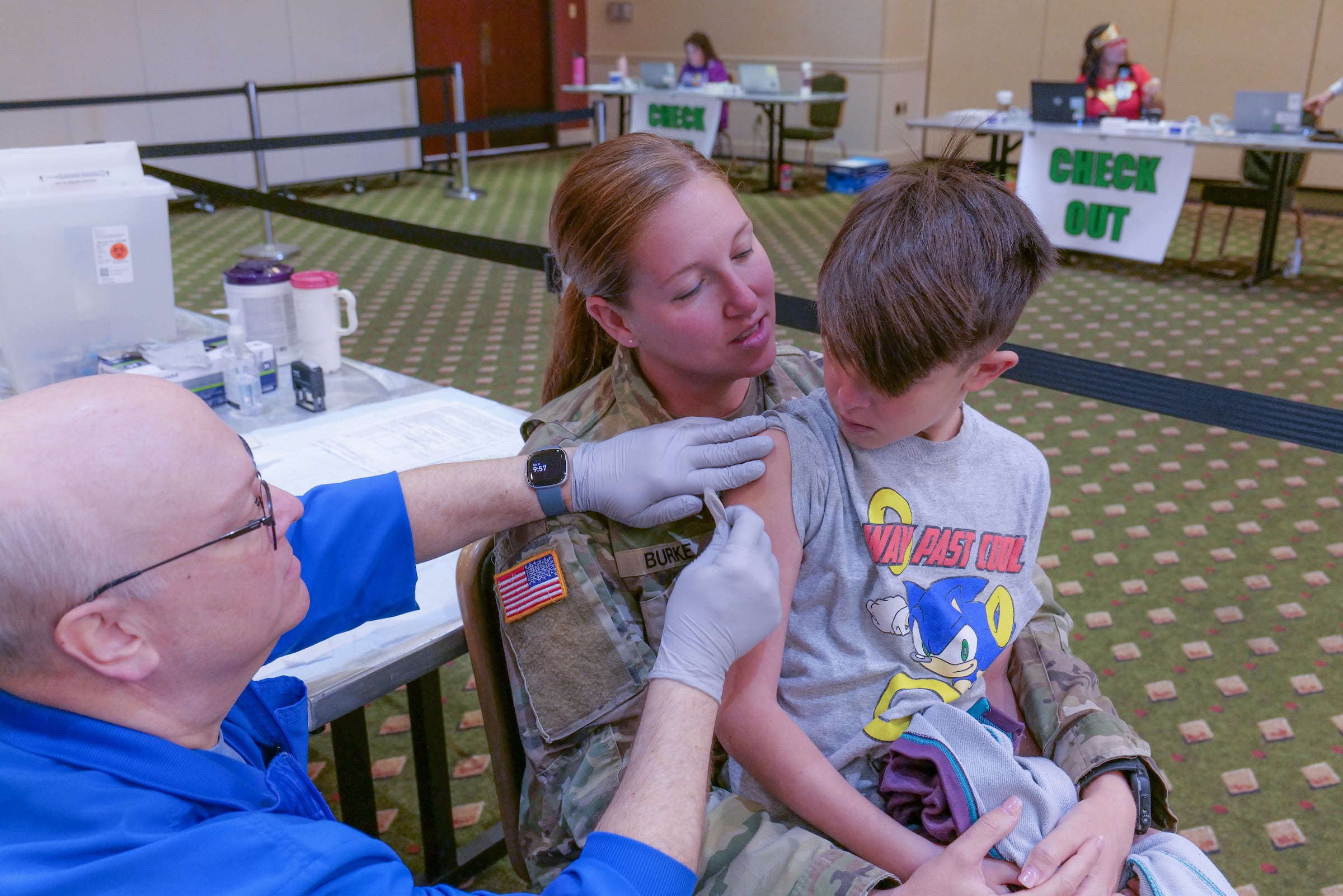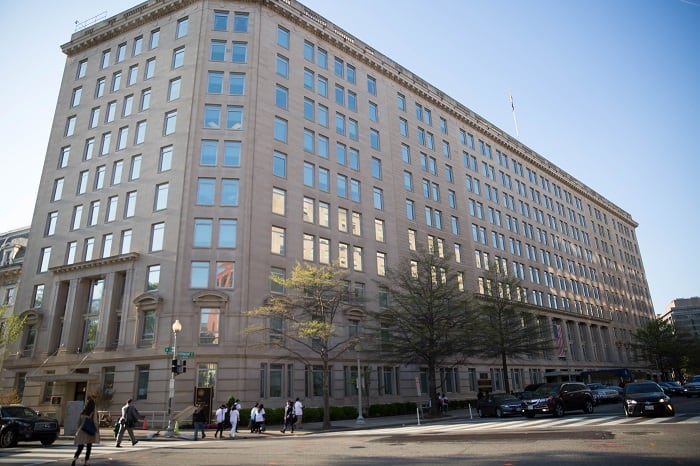Most drill instructors are making the Marines the right way and not abusing recruits, the Marine Corps' top general said Friday, as the service faces intense scrutiny after an investigation into a 20-year-old recruit's death found allegations of widespread abuse.
"The Marine Corps has never permitted abuse or hazing of recruits," Marine Commandant Gen. Robert Neller said.
Neller did not speak specifically about the investigation into the death of a recruit at the Marine Corps' East Coast training depot, which detailed a troubling culture of abuse and hazing. Raheel Siddiqui was assigned to the 3rd Recruit Training Battalion when he fell nearly 40 feet in a barracks stairwell at Marine Corps Depot Parris Island, South Carolina.
The Marine Corps has training orders and standard operating procedures on how to train recruits, Neller said in a wide-ranging interview with Marine Corps Times.
"The great, great, great majority of the drill instructors out there and the officers and staff NCOs that are part of the Recruit Training Regiments, they already know that and they're out there executing the plan," he said.
Up to 20 Marines could face punishment or administrative actions after a Marine Corps investigation into Siddiqui’s death found that drill instructors in the 3rd Recruit Training Battalion "routinely used excessive force" against recruits and mistreated less experienced drill instructors.
Following the investigation, the Marine Corps has increased officer supervision, mandated that any Marine under investigation for allegations of recruit abuse be suspended, enforced a zero-tolerance policy for more experienced drill instructors hazing newer DIs, and taken other steps to make sure what happened at Parris Island does not recur.
"Recruit training is designed to be tough and demanding," Neller said. "That’s why young men and women join the Marine Corps, because they want to be challenged and tested. I have every confidence that the drill instructors that are out there both at Parris Island and San Diego understand that. They are working extremely hard and they’ve very proud of the effort they’ve put forward to take young men and women who are civilians and turning them into basically trained Marines."
Neller’s interview will be published as part of Marine Corps Times' annual State of the Marine Corps issue, which covers the year ahead and will hit newsstands Sept. 26.
Marine Corps officials are limited in what they can say about the allegations against the 20 Marines, who are presumed innocent.
"We need to let the legal process take its course and we certainly don't want to do anything that would affect the integrity of that process," said Marine Corps spokesman Maj. Clark Carpenter.
As with any case, the Marine Corps has to be very careful to avoid of creating the appearance of trying to influence the outcome of any possible legal proceedings, said Rachel VanLandingham, a retired Air Force lieutenant colonel and former judge advocate.
The Uniform Code of Military Justice ensures that each commander can exercise his or her discretion on how to approach allegations of wrongdoing on an individual basis, said VanLandingham, who currently teaches law at Southwestern Law School in Los Angeles. That is why a base commander cannot order that all of his troops who are stopped for drunken driving must go to court-martial, she said.
"That is considered unlawful command influence because nothing is automatic," she said. "You can’t just say every single case will wind up in a court-martial. That removes that independent discretion from your lower level commanders."





